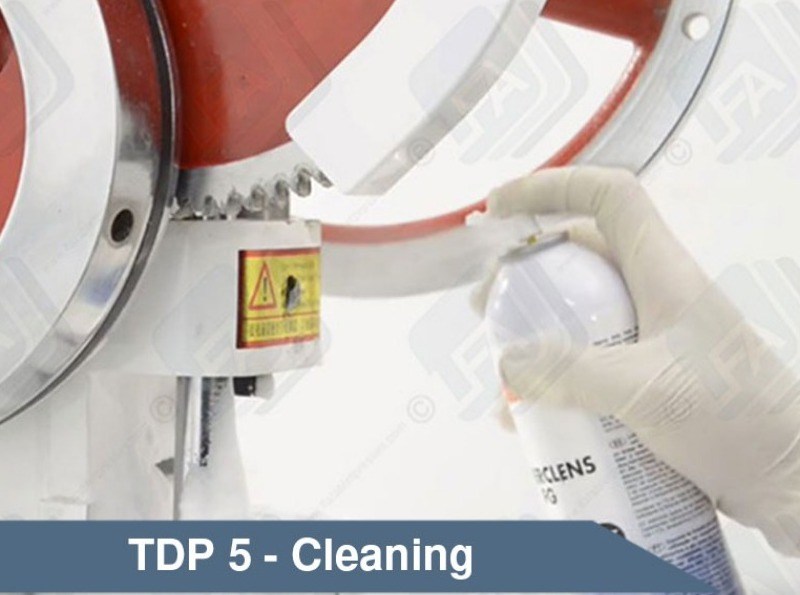An article with bullet points to help you learn how to operate metal detectors and properly clean them.
Cleaning Agent Used For Pharmaceutical Companies
In order to ensure high quality products, the pharmaceutical industry must use cleaning agents designed to sanitize and protect the equipment used. Although we use several types of cleaning products in everyday life, pharmaceutical companies uses specialized cleaning agents such as nonionic detergents that are designed to uphold the quality of the product.
There are several varieties of cleaning agents used by the pharmaceutical industry that are selected depending on the situation and the level of cleaning required. Each type of cleaning agent has its own properties that are often based on the surfactant nature of the detergent used.
Types of Detergents
- Anionic detergent
- Cationic detergent
- Amphoteric detergent
- Alkaline detergent
- Others
The above mentioned detergents are all what are called ionic detergents, meaning that they contain free ions. Although effective for cleaning, the free ions can be left behind on the cleaned surface which can affect stability of the products as well as other negative effects. For example, when glassware is cleaned with ionic detergents, the remaining ions can interfere with analysis and alter the results. To overcome this, nonionic detergents are used to clean equipment used in the manufacture of pharmaceutical products.
Nonionic detergents are produced by reacting molecules containing hydroxyl groups, such as ethylene oxide and alkylphenol, which react together in an exothermic reaction, meaning it gives off heat. The chemicals used however, such as the ethylene oxide, are toxic and unstable, and must be synthesised using specialised equipment.
As the name suggests, nonionic detergents do not ionise when dissolved in water. Moreover, the detergent is made of both acidic and alkaline components, and therefore remain at a neutral pH when dissolved in water. Finally, nonionic detergents typically produce less foam when mixed with water compared to ionic detergents such as the cationic or anionic varieties. As well as being good detergents for removing oil from surfaces, nonionic detergents are easier to wash away from the equipment being cleaned and leaves less residue behind than ionic detergents, thereby reducing the chance of any contamination and preventing any interference with analysis.
Nonionic detergents are often available in liquid forms for easy use.
LFA Tablet Presses offers a full range of food and pharmaceutical friendly cleaners, lubricants, oils and grease. If you need advice on what products would be good for you please do feel free to get in contact.





